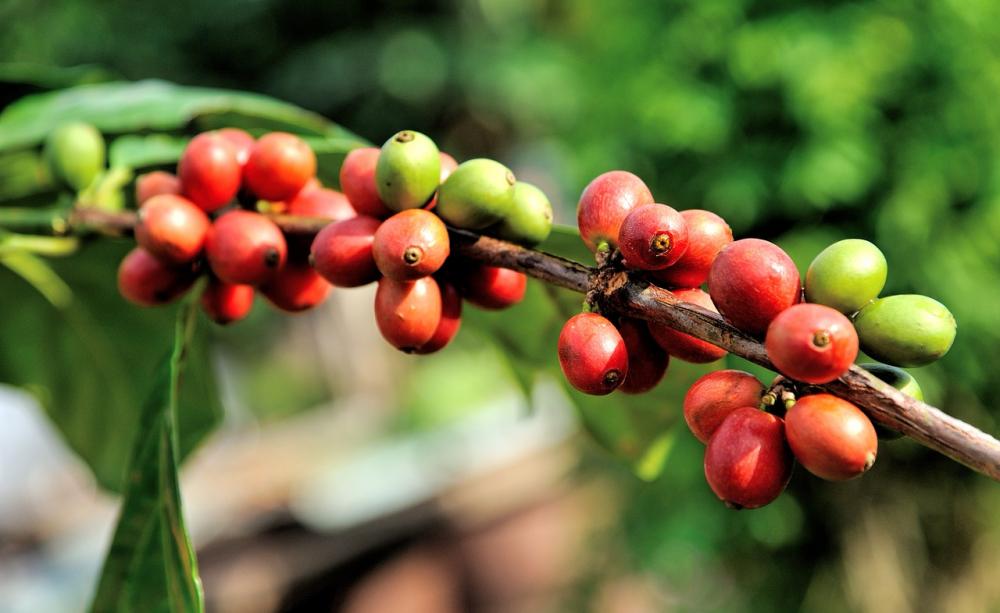Although it may seem like a more recent fad, the concept of sustainability has been around for more than 30 years.
The earth’s atmosphere is changing, and not in a good way. Scientists have begun analysing the climate from multiple different perspectives to get the best grasp on why these drastic changes are happening. As time goes on, it’s become increasingly obvious that what humans create and how we live are hurting the planet the most, so the natural next question to ask is how we can reverse the damage - or stop it entirely.
Reducing the waste we produce is a big step in helping the earth, but the issue goes beyond that. What we really need is to make our society fully sustainable. If people fail to act, the planet is only going to continue to suffer. People can do little things like use their cars less to save CO2 from being emitted into the atmosphere, but what might matter more is getting major industries to get on board with going green and focusing on sustainability.
Many large industries could do a lot of good with seemingly small actions - and one of those is the coffee industry. It’s a booming international business that won’t be going away anytime soon because coffee is a beloved beverage for many people around the world. Read up on where the coffee industry is now in terms of their practices and how they can become more sustainable in the future.
Why Sustainability
Although it may seem like a more recent fad, the concept of sustainability has been around for more than 30 years. The first mention of sustainability appeared in the 1987 report Our Common Future, presented to the World Commission on Environment and Development. The report explained how environmental degradation is linked to poverty and inequality. At first, sustainability was about enhancing the development of housing complexes, but it soon became much more than that.
People looking into how else we could go green to help humanity and the earth discovered if we stopped living in the moment and started living for the future, we could make great strides. Farms that were using harmful chemicals to produce larger and healthier crops in shorter time frames were found to be feeding toxic algal blooms in the water sources of Europe, China and the U.S.
Discoveries like this are what led to the definition and promotion of sustainability. It’s vital that people and industries understand why it matters because sustainability is the practice of focusing on having a renewable resource harvest, minimizing pollution and narrowing down non-renewable resources. Everyone can participate in becoming more sustainable, so we do more good for the earth than the harm that’s been continuing for so long.
Although it may seem like a more recent fad, the concept of sustainability has been around for more than 30 years.
Changing Standards
Because the coffee industry spans countries and cultures, it’s one of the major ones that must take responsibility and begin to go green. Even from the first step of harvesting the coffee, it’s possible to make changes. Currently, during the coffee harvest, farmers soak the coffee cherry in water, breaking down the fruit mucilage. That may seem harmless, but it actually begins the process of eutrophication. That’s when excessive nutrients cause oxygen depletion in local water sources, killing organisms like algae.
Take that harmful process and put it on a mega scale for coffee companies like Starbucks, and you’ll begin to imagine just how much damage the coffee industry is responsible for. People have begun to take note and hold companies like Starbucks accountable. In return, those companies have responded with promises, but are they really upholding them?
Starbucks has a history of bad business practices. In 2008, an investigation by the newspaper The Sun found a private policy kept their production process running tap water nonstop, wasting a total of 23.4 million liters of water every day. After the article made headlines across the country, Starbucks came forward and admitted they had to own their mistakes.
Since then, they’ve launched practices like selling reusable cups and installing recycling bins in every store, but many question whether that’s enough. No single company is accountable for fixing all the damage to the ecosystem that’s happening around the world, but should customers push Starbucks to do more? Some people question the validity of their claims to be eco-friendly, but other evidence shows they currently lead the industry in their green practices, encouraging other major coffee chains to do the same.
Sustainability Results
Starbucks and other companies have taken steps to promote the use of reusable cups and recycling, which is good initial progress to make. Once daily coffee consumers adopt those practices, they’ll ensure positive change in the long run. Other results of more sustainably focused coffee businesses would be less water use in the farming of coffee or production factories emitting less CO2.
There are many roads ahead for large industries to take to be more environmentally friendly, and each has their own production process and business model to consider. It’s always possible to make little changes at any step — from when coffee gets harvested to when a barista hands the customer their drink in a cup made of recycled materials.
Even though there may be more work to be done in the future, every step forward means helping the planet and future generations that much more. Because the coffee industry is so massive, it’s vital all the companies involved make the effort to do everything they can to become sustainable. Putting new practices into motion that will help restore the health of the earth will only attract more customers and benefit each coffee business because everyone is getting on board with the idea of going green.
This Author
Emily Folk is a conservation and sustainability writer and the editor of Conservation Folks.




